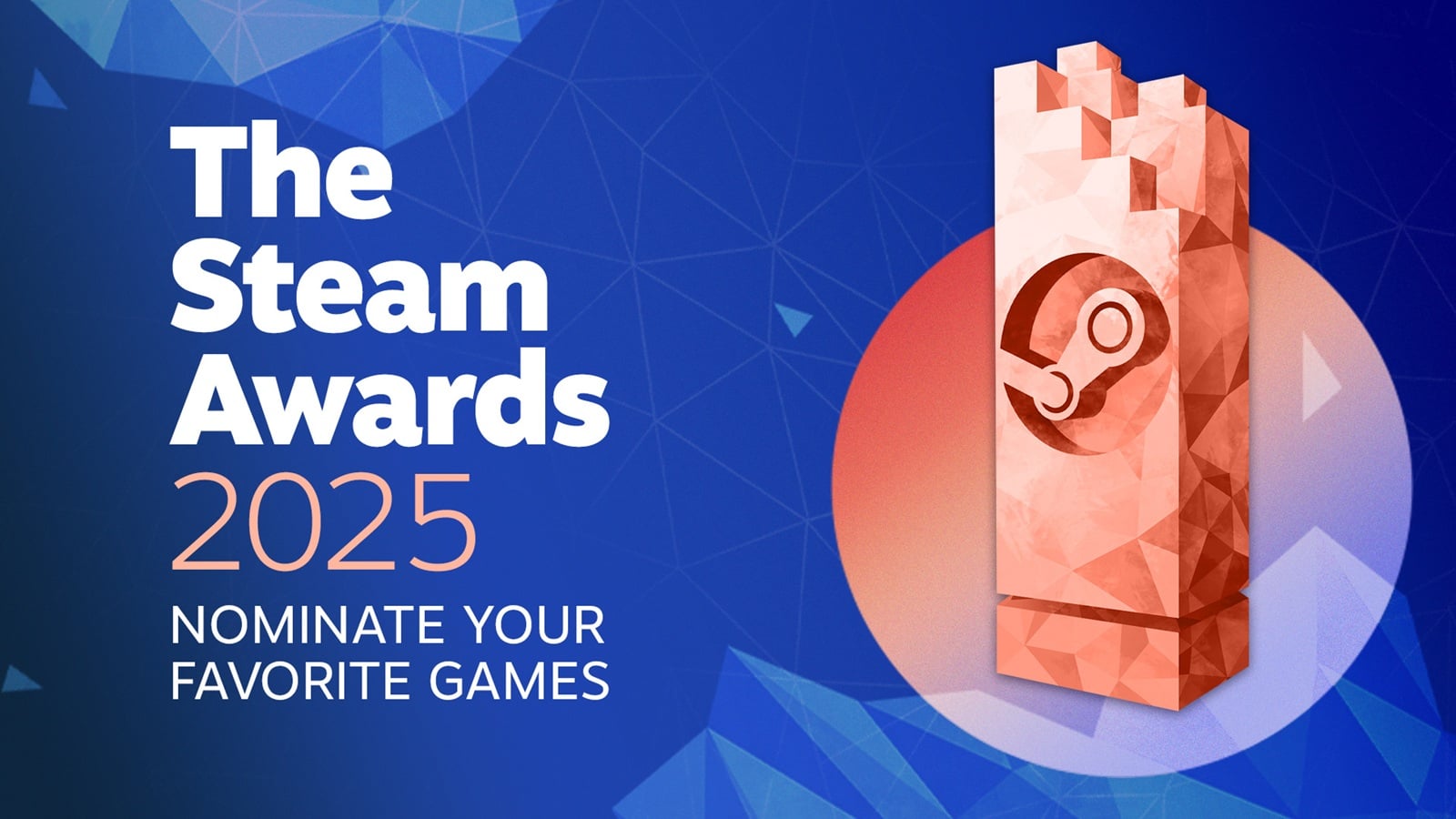The primary goal for any developer creating a multiplayer title is to ensure their player base’s longevity. A common threat to this goal is an unbalanced matchmaking system that will frequently pit players against opponents who are far below or above them in skill level, resulting in the player either feeling unchallenged or frustrated.
Enter skill-based matchmaking, a system that’s designed to work in the background and pit players of similar skill against each other during the matchmaking process. But how does it work? And why has there been controversy around it?
How does SBMM work?
Each game that uses SBMM is different, but for the most part, the SBMM algorithm will determine your skill based on how well you performed in recent games and what the skill rating of your opponent was, with the most recent games prioritized more. This system is used in games like Call of Duty, Fortnite, Apex Legends, VALORANT, and more.
But SBMM has drawn controversy in virtually all of these titles over the years, most prolifically in CoD, primarily from the most highly skilled players. For players who are in the higher tiers of the skill rating, there’s no place to play their game casually when both the unranked and ranked queues are using SBMM. Every match they play is against the best players, requiring them to invest more time and energy even if they just wanted to play some casual matches.
This has been even more of an issue during the past few CoD releases since those games have dropped without a ranked mode included at launch. The highest skilled players have had to grind out wins against the top players but have had no visual global ranking to show for it.
Even games with ranked modes still use SBMM in the unranked mode, although many pros and creators in these games have asked for SBMM to be removed from unranked so that they could have matches where they can dominate and show off against less-skilled players. But most developers don’t want to subject their new and struggling players to that experience, and it would inadvertently create a backward scenario where the “ranked” mode is actually the more newcomer-friendly mode.













Published: Mar 10, 2022 06:02 pm